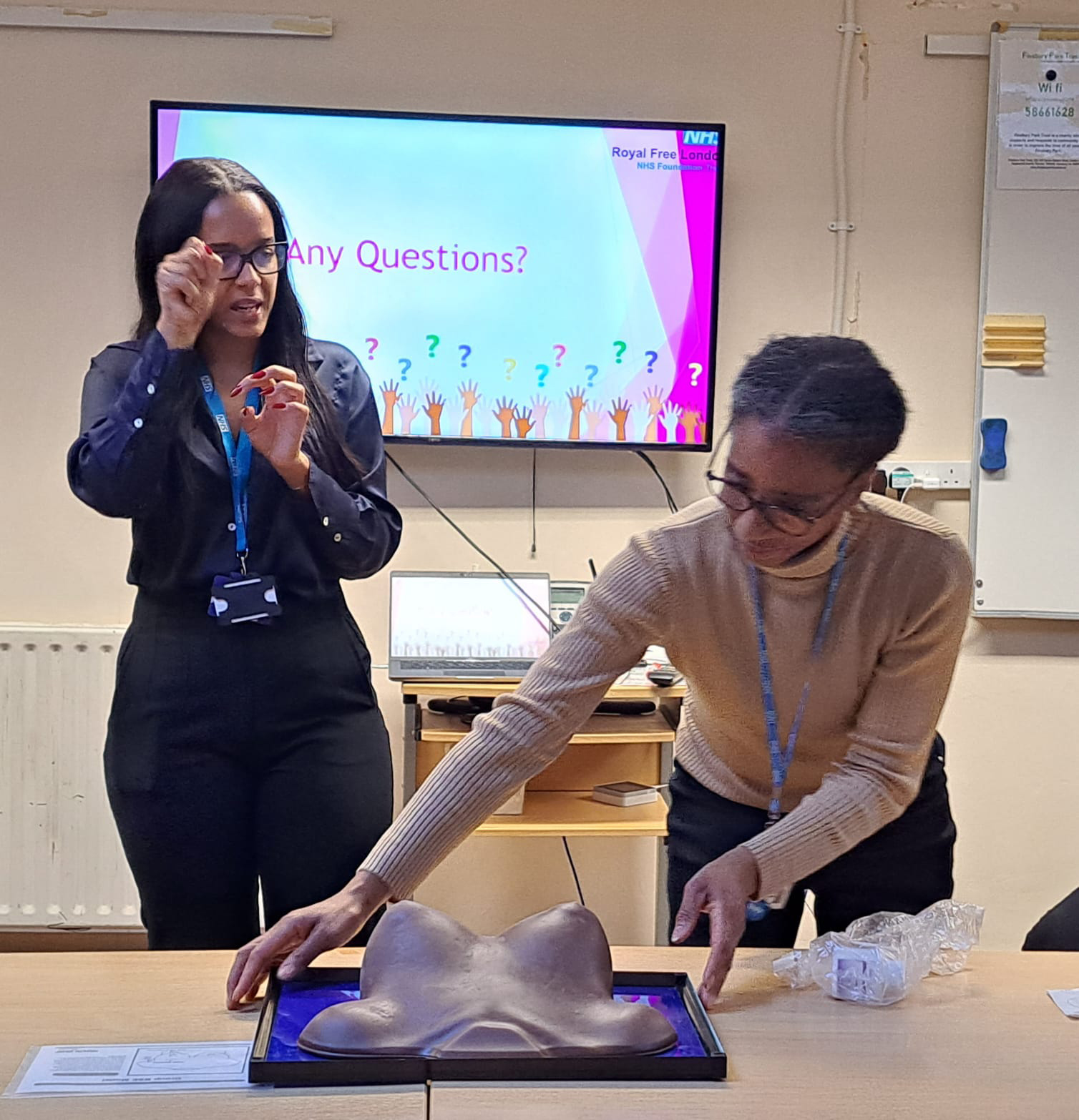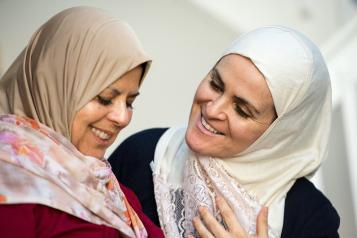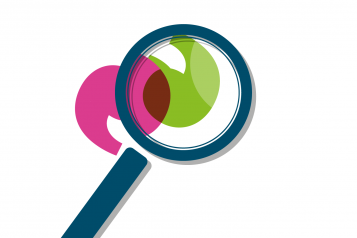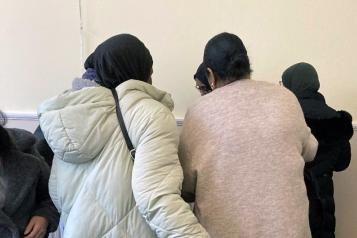We've helped to improve access to breast screening for women with language support needs

Health promotion staff from North London and Central and East London Breast Screening Service delivering a health information workshop at Jannaty Women's Social Society in Finsbury Park.
As part of this year’s Health Inequalities-funded Community Research and Support project, Healthwatch has been bringing health providers together with small community organisations and the residents they support.
By going out into the community to meet residents in places where they feel comfortable, and where interpreting support is available, providers can get health information to communities that aren't being reached by other means.
They also hear directly about people’s experiences of their services. And because providers and service users are together in the same room, that process of giving feedback to drive service improvement becomes more dynamic. Change can happen faster.
The Health Promotion Team at the Royal Free have been presenting at breast awareness workshops for many of our community partners and have really valued the experience.
"The conversational approach, breaking down formality so that presenters can be themselves, as well as working for the NHS, allows for better conversations, to build rapport and for women to have the confidence to raise issues that matter to them. Going forward this is the style we will be using when we go into the community – we want to have a conversation.”
Women who needed interpreting were being turned away when they arrived for their breast screening appointments
During these workshops, women reported that their language support needs were not being met at screening appointments. Even though the radiographers who do the mammograms have access to the LanguageLine interpreting service and iPads to support communication, interpreting was not made available.
The Health Promotion Team did some investigating and discovered that radiographers were not offering interpreting because it delayed appointments. Radiographers have strict targets for the number of screenings they carry out and have only 8 minutes for each patient. There were often long waiting times to access interpreters on Language Line at the screening cabins, and there were issues with the iPads. Because of this, they were turning away these women, and the appointments were being recorded in the system as DNAs (Did Not Attends).
What has changed as a result of these women sharing their experiences?
The system has been changed. Now radiographers can use their mobile phones to enable communication via Google. A copy of the questions and answers are logged in the system (and in the patient record) so language needs are recorded. This new approach was introduced on 1 April, so it’s still early days, but feedback from radiographers has been overwhelmingly positive.
Further recommendations from Healthwatch
Whilst welcoming the changes that will improve access to breast screenings for many communities experiencing health inequalities, we did have additional recommendations that we shared with the service:
- We stressed the limitations of offering interpreting via Google. This tool is better for some languages than others.
- Double appointments are already offered to patients with Learning Disabilities and patients with implants. We asked that women with recorded language support needs be offered longer appointments too.


